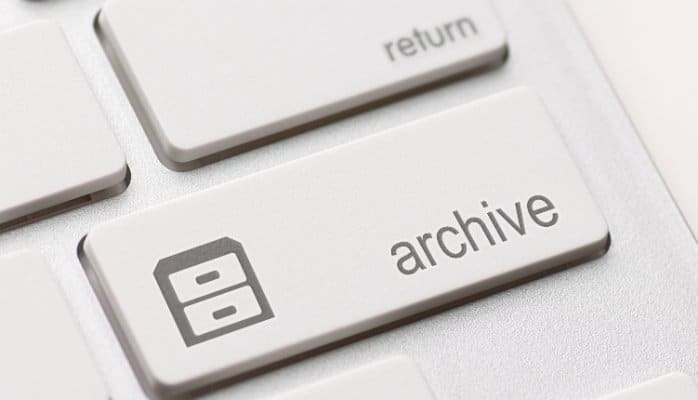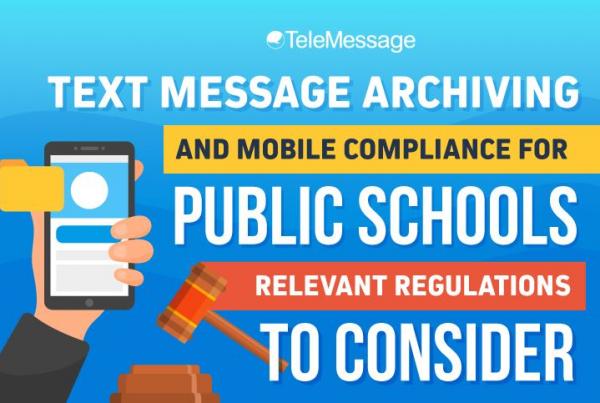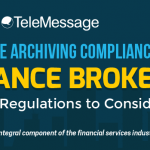As industries across the board shift significant amounts of work product into new channels of communications, the archiving process must update itself to keep up, particularly in regulated industries such as healthcare and financial services, among others.
In the past, it was enough for industries to track conversations with clients, buyers, partners, and potential partners by archiving emails and keeping records at meetings. Today, however, so much of a work place’s work product is dispersed across a multitude of platforms, such as texting, chat-apps, Skype, and more.
Keeping records of work product is crucial for businesses, not only for those industries with strict government regulation. Any business can be brought to court over work disputes or breach of contract allegations. Detailed records of communication between the parties involved is something that can both benefit the company in terms of proving its case but is also necessary in order to comply with court orders to hand over certain information.
Private industries are not the only ones that need to ensure their archiving practices are up to date. Public sector organizations must also ensure that not only email records are being archived, but all electronic communications. While the initial cost of setting up such an archiving system may be high, the cost of not archiving all public records as per the law can be much higher.
In order to determine what kind of archiving system a company or organization needs, it must first determine what channels of communication are being used by its employees and how they are being used. For example, are Skype calls being made and, if so, are the callers passing documents between themselves using email, instant messaging, or some other form of communication while talking? Is work-related communication restricted to workplace computers and mobile devices or, as is becoming more common, are personal devices being used for work as well?
Real-time archiving may be able to give the best picture of communication, as it captures everything as it happens and ensures there is no time to tamper with the information before it is archived. For example, no one can delete messages before a conversation on social media has been archived, ensuring that possible future court cases aren’t being decided on an incomplete look at a conversation between both parties.
Many industries, particularly the regulated industries, are moving towards cloud-based archiving systems which are able to collect many different types of content such as email, voice and instant messaging communications, alongside other information crucial to some industries, like real-time trade and market data.
Not every industry will need the same amount of data collected, but every company should be looking at the tools they use for communication and determining the best way to archive their work-related information to protect themselves in the future.





